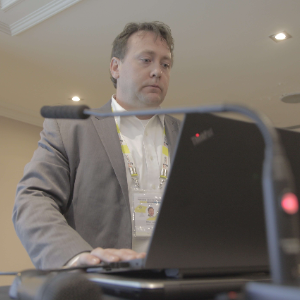Title : Importance of medical device usability studies and image analysis measurement techniques
Abstract:
I nternational medical device development and proper design control methods require formative and summative validation studies. In the past, some company usability studies were conducted with employees and submitted for Regulatory clearance for Medical Devices. Recently, FDA has released guidance documents that clarify such studies are no longer accepted. This is also apparent in similar international regulations and stresses the importance of these validation / usability studies.These studies when coupled with image analysis techniques these qualitative provide measurable quantitative data that can be used to improve medical devices with neurologist, neurosurgeon and health care professional input. Close collaboration with industry, clinicians and researchers is very important to evaluate devices for such use errors prior to launch to avoid product improvement via device recalls.
Audience take away:
The neurologists, surgeons and neuro health care professionals in the audience may not often get a view as to how industry validates their medical devices. They may not also be aware of the new International Regulatory requirementsand the methods usedby Industry. The audience will have a quick review of the regulatory requirements as well as see very tangible examples(use errors observed using medical devices as well as image analysis techniques). This will be a great tour into howneurosurgeons could partner with industry and how we needthis information to develop and improve medical devices prior to launch. As employees may no longer be used as representative populations (as clarified in latest FDA guidance document), this partnership is very critical.
By demonstrating how surgeons could better partner with industry, they can better understand how to help and ensure their feedback is captured in such medical device design studies (in early voice of customer phases) or by helping with summative usability studies (last step before launch) that will ultimately drive better or improve medical device design.
In summary, this talk would highlight the most important International Regulatory Impact to usability studies in device development, image analysis technique examples in combination with surgeon / health care professional usability study outcomes that helpedquantify use errors and help medical device designers to design such use errors away prior to launch.




